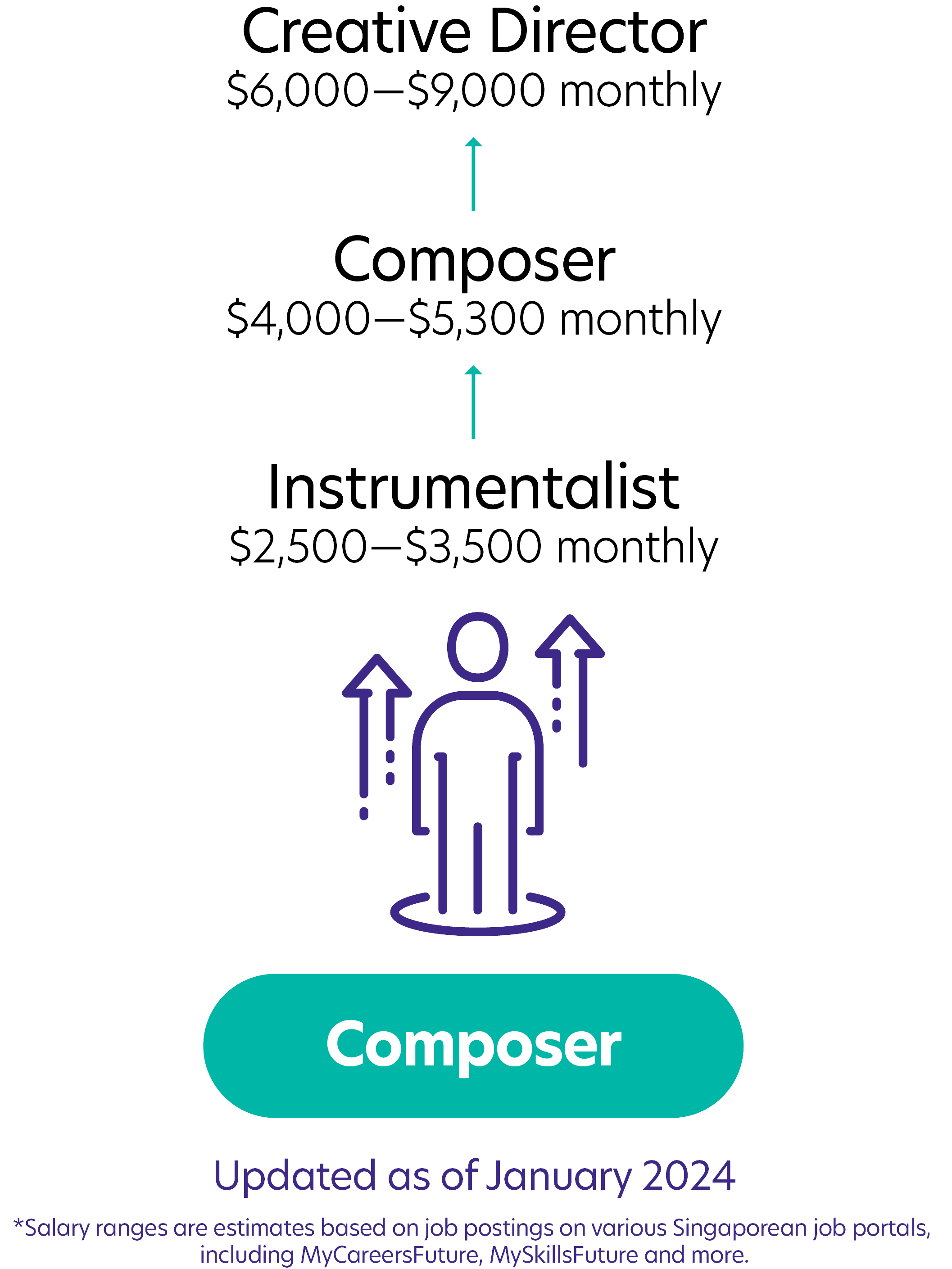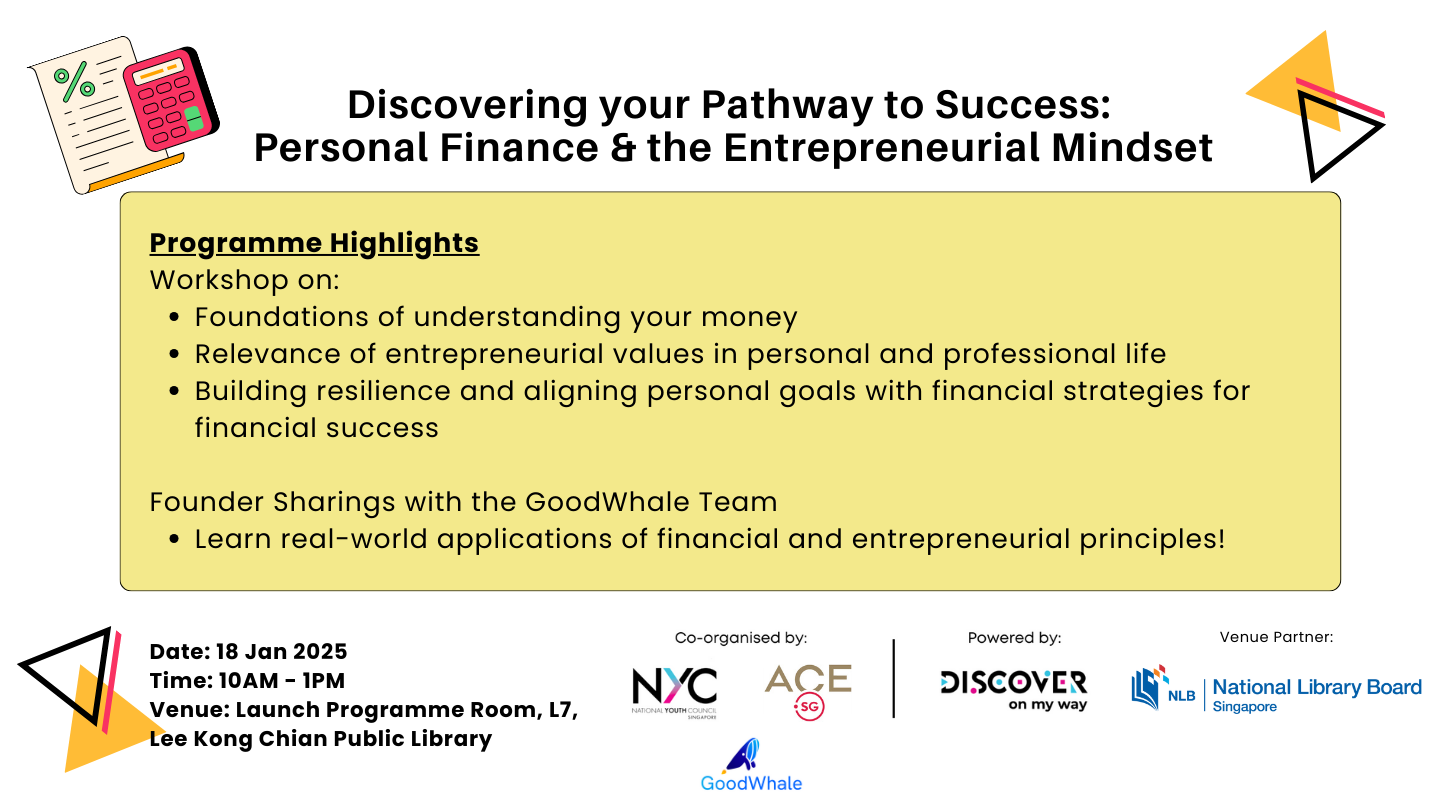
Composers collaborate with Music Producers or Directors to produce classical or instrumental pieces for projects ranging from musicals and film scores to game soundtracks.
Composer Job Description
- Compose music pieces for various purposes like performances, movies, videos, or games.
- Adapt to different genres to cater to diverse audiences and projects.
- Review composed pieces to determine whether it is suitable for production.
- Fine-tune music pieces to align with the Director's vision and elevate the final product.
- Devise a plan to build a strong network to increase visibility, seek opportunities for the production of music and sell their music
Note
Some of the world's most famous Composers could create entire symphonies in their heads before even writing a single note! Today's Composers continue this tradition, often using technology to bring their music to life.
What you should know about Composer jobs in Singapore
Nature of Work
You'll craft melodies, harmonise tunes, and bring musical concepts to life, often collaborating to create memorable pieces.Key Advice
Since most of the music today is composed using computers, adequate knowledge of software programmes (e.g. Notion 6, MuseScore 2) is essential.-
Entry RequirementsEntry Requirements
- Start your music journey in school! There are various CCAs to hone your music abilities such as choir or band, which can expose you to composing and broaden your musical knowledge!
- You can also take a music diploma or apply for courses that teach you how to compose music. Institutions like The Songwriter Music College (TSMC) or the School of The Music and Arts (SOMA) offer various songwriting diplomas.
-
Possible PathwayPossible Pathway

Skills you need to pursue a Composer career in Singapore
 Hard Skills
Hard Skills
Music Fluency
Mastering instruments and understanding musical genres to enhance performance and composition.Arranging / Orchestration
Skill in arranging music for different ensembles, balancing harmony and texture.Music Composition Software
Proficient in software like Sibelius or Finale for creating and editing scores.Creative Thinking
Innovating new sounds and harmonies to push musical boundaries.Collaboration
Working with Musicians and Producers to bring musical pieces to life.Adaptability
Flexible in style and approach to meet diverse project needs.Related Job Roles
Explore Other Programmes
Browse AllYou have bookmarked your first item!
Find it in My Discoveries with insights on your interests!



